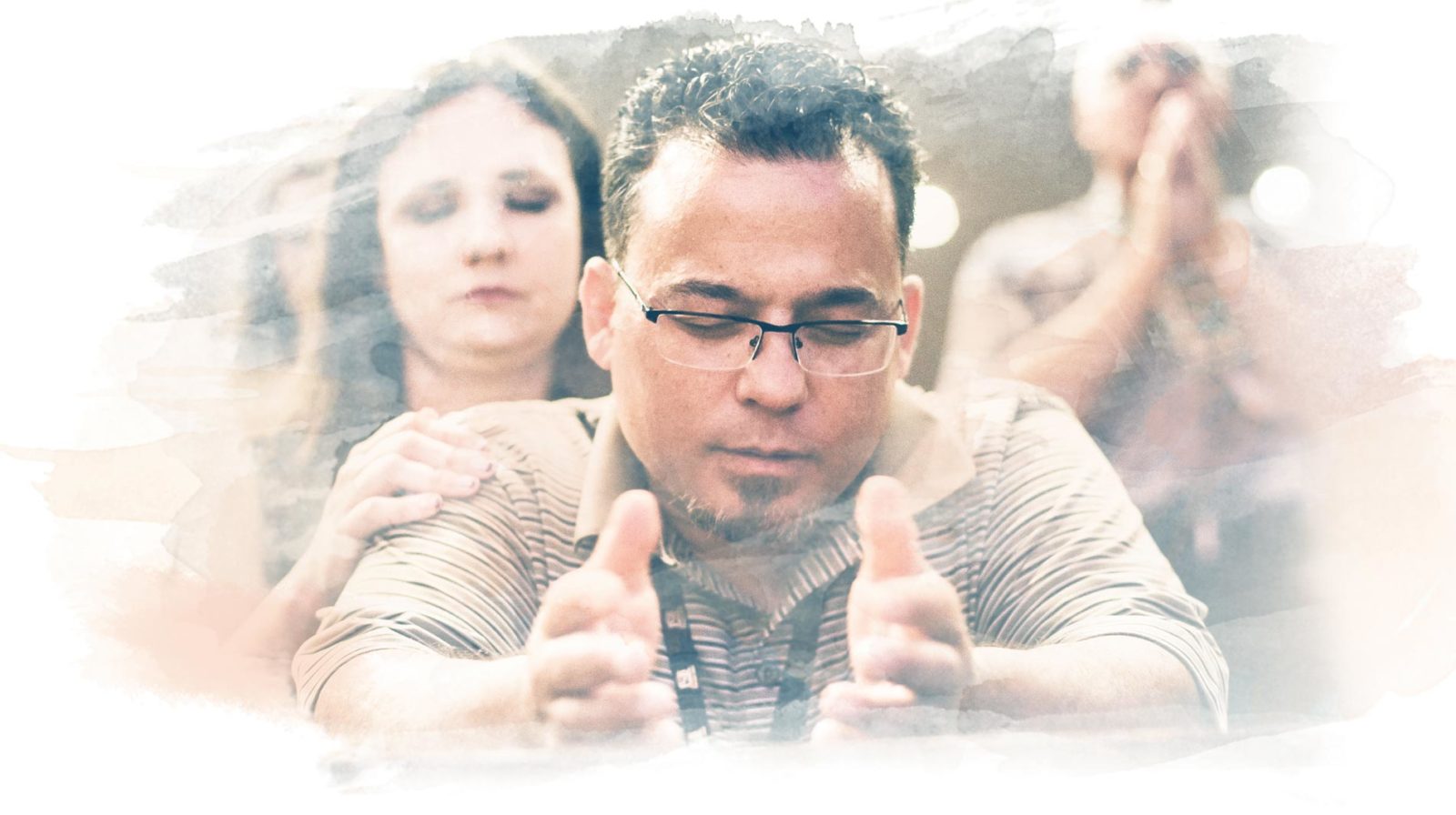The Church of the Nazarene confesses itself to be a branch of Christ’s “one, holy, catholic, and apostolic” church, embracing as its own the history of God’s people recorded in the Old and New Testaments and by God’s people through the ages, in whatever expression of Christ’s church they are found. It receives the ecumenical creeds of the first five Christian centuries as expressions of its own faith.
It identifies with the historic church in preaching the Word, administering the sacraments, maintaining a ministry of apostolic faith and practice, and instilling the disciplines of Christlike living and service. It joins the saints in heeding the biblical call to holy living and entire devotion to God, which it proclaims through the theology of entire sanctification.
follow this link for an easy-to-read summary of core beliefs of the church…
Our Christian heritage was mediated through the 16th-century English Reformation and 18th- century Wesleyan revival. Through the preaching of John and Charles Wesley, people throughout England, Scotland, Ireland, and Wales turned from sin and were empowered for Christian service.
This revival was characterized by lay preaching, testimonies, discipline, and circles of earnest disciples known as “societies,” “classes,” and “bands.” The Wesleyan revival’s theological landmarks included: justification by grace through faith; sanctification, or Christian perfection, likewise by grace through faith; and the witness of the Spirit to the assurance of grace.
John Wesley’s distinctive contributions included an emphasis on entire sanctification as God’s gracious provision for the Christian life. His emphases were disseminated worldwide. In North America, the Methodist Episcopal Church was organized in 1784 “to reform the Continent, and to spread scriptural Holiness over these Lands.”
A renewed emphasis on Christian holiness developed in the mid-19th century. Timothy Merritt of Boston, Massachusetts, spurred interest as editor of the Guide to Christian Perfection. Phoebe Palmer of New York City led the Tuesday Meeting for the Promotion of Holiness and became a sought-after speaker, author, and editor. In 1867 Methodist preachers J. A. Wood, John Inskip, and others, at Vineland, New Jersey, initiated the first in a long series of holiness camp meetings that renewed the Wesleyan quest for holiness around the world.
Christian holiness was emphasized by Wesleyan Methodists, Free Methodists, the Salvation Army, and certain Mennonites, Brethren, and Quakers. Evangelists carried this movement to Germany, the United Kingdom, Scandinavia, India, and Australia. New holiness churches arose, including the Church of God (Anderson, Indiana). Holiness churches, urban missions, and missionary associations grew from this endeavor. The Church of the Nazarene was born from the impulse to unite many of these into one holiness church.
We are a holiness People
God, who is holy, calls us to a life of holiness. We believe that the Holy Spirit seeks to do in us a second work of grace, called by various terms including “entire sanctification” and “baptism with the Holy Spirit”—cleansing us from all sin, renewing us in the image of God, empowering us to love God with our whole heart, soul, mind, and strength, and our neighbors as ourselves, and producing in us the character of Christ. Holiness in the life of believers is most clearly understood as Christlikeness.
It is the work of the Holy Spirit that restores us in the image of God and produces in us the character of Christ.
Because we are called by Scripture and drawn by grace to worship God and to love Him with our whole heart, soul, mind, and strength, and our neighbors as ourselves, we commit ourselves fully and completely to God, believing that we can be “sanctified wholly,” as a second crisis experience. We believe that the Holy Spirit convicts, cleanses, fills, and empowers us as the grace of God transforms us day by day into a people of love, spiritual discipline, ethical and moral purity, compassion, and justice. It is the work of the Holy Spirit that restores us in the image of God and produces in us the character of Christ.
We believe in God the Father, the Creator, who calls into being what does not exist. We once were not, but God called us into being, made us for himself, and fashioned us in His own image. We have been commissioned to bear the image of God: “I am the Lord your God; consecrate yourselves and be holy, because I am holy” (Leviticus 11:44a).
Follow this link for an easy-to-read explanation of the core beliefs of the church.



